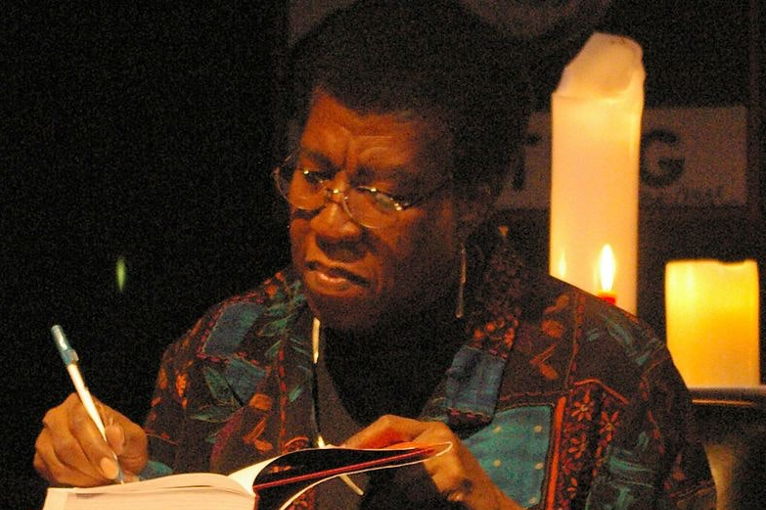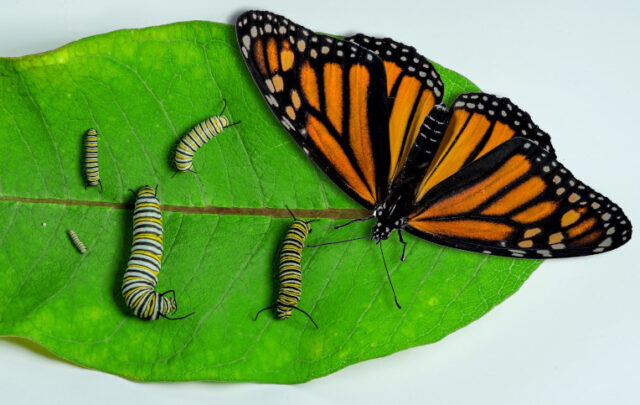“All that you touch, you change. All that you change, changes you.”
It is World Futures Day on Monday, so this seems a good moment to note that the US radio network NPR ran a terrific programme on the writer Octavia Butler as part of its coverage for Black History Month (1h 08). As people will know, Butler was in some ways the godmother of Afrofuturism, using fiction and genre forms to reimagine the Black experience of America and beyond.
Butler grew up poor in California, and became the first Black woman to win the Hugo and Nebula wards, and the first sci-fi writer to be given a MacArthur Award. She died in 2006, at the age of 58, but her work is suddenly more visible than it has ever been. There are film adaptations of her work being produced, and during 2020 her work made the New York Times bestseller list for the first time.
Watching society crumble
One of the reasons for this is that her most influential book, The Parable of the Sower, is set in 2024, and has a deep narrative understanding of the long range of American politics. As the programme puts it:
Parable Of The Sower is your the-apocalypse-is-right-now, coming-of-age story. And this time, there were no aliens. There was no time travel. There were no women turning into dolphins. There was merely a teenage girl in the year 2024 watching society crumble before her very eyes and desperate to find a way to survive. And what was Octavia’s inspiration for the story? The news.
The programme, includes archive material of Butler being interviewed. For example, here she is on the human paradox at the heart of The Parable of the Sower:
That human beings are intelligent, but also that they are hierarchical. And that their hierarchical tendencies are a lot older than their intelligence, and the hierarchical tendencies are sometimes in charge. We do seem sometimes much more interested in one-upping each other, one-upping one country over the other, than in doing ourselves some long-term good.
An interviewee, Adrienne Maree Brown, explained the appeal of Butler’s writing. She co-hosts a podcast with the musician Toshe Reagon) exploring The Sower’s Parable, and is committed enough to have the Butler quote that’s at the top of this piece tattooed on her arm:
Visionary fiction-writing is a practice we can use to imagine and prepare for the future together, to generate the ideas that we want to see more of in the world…The approach that she used of looking at the world around her and projecting into the future, what happens if this state continues? What happens if we don’t address the things that matter? What happens if we don’t turn our attention to the climate crisis? What happens if we don’t really, really contend with our comfort with inequality, with hierarchy? What happens?
If you don’t have time to listen, there’s a transcript as well—which reads a bit disjointedly because this is a properly produced radio programme.
A version of this post also appeared on my Substack newsletter Just Two Things.
Teaser photo credit: (Octavia Butler at a book signing in 2005. Photo: Nikolas Coukouma • CC BY-SA 2.5)





